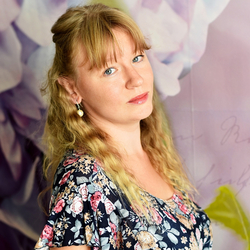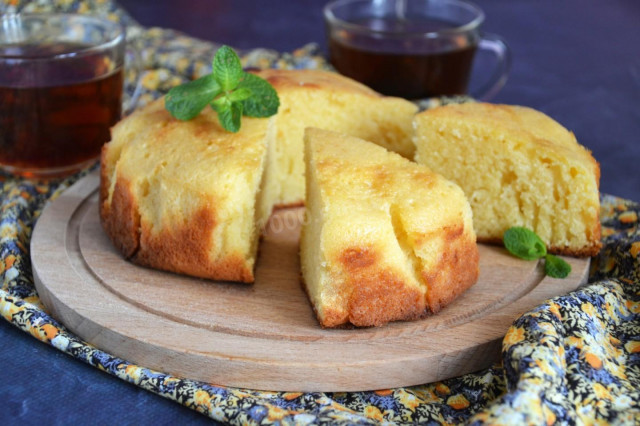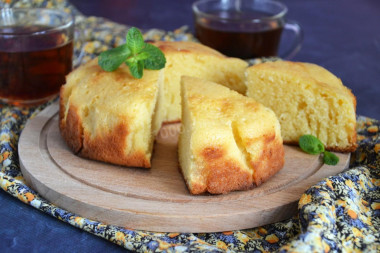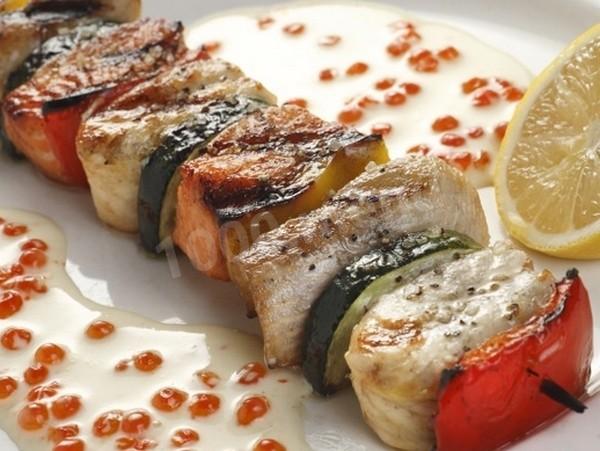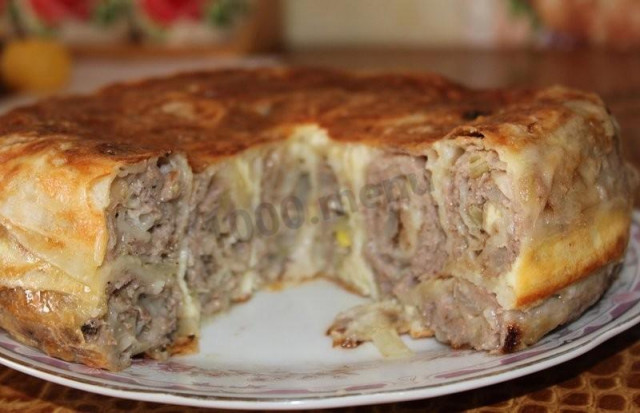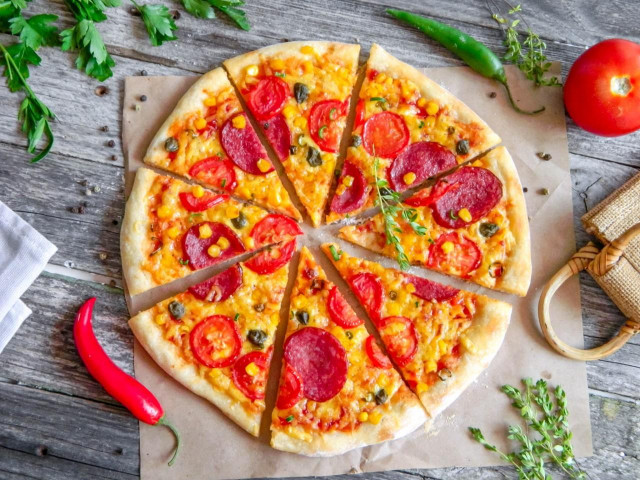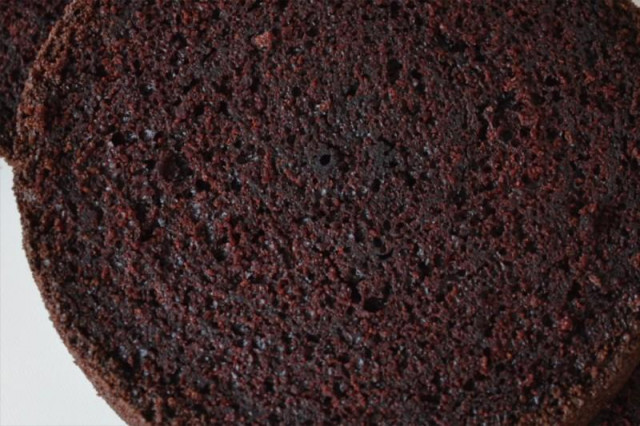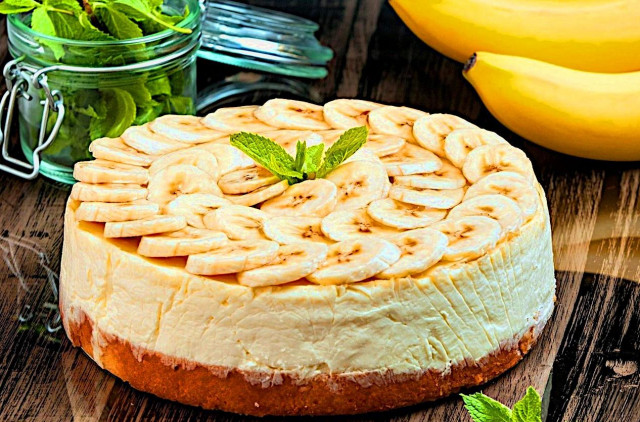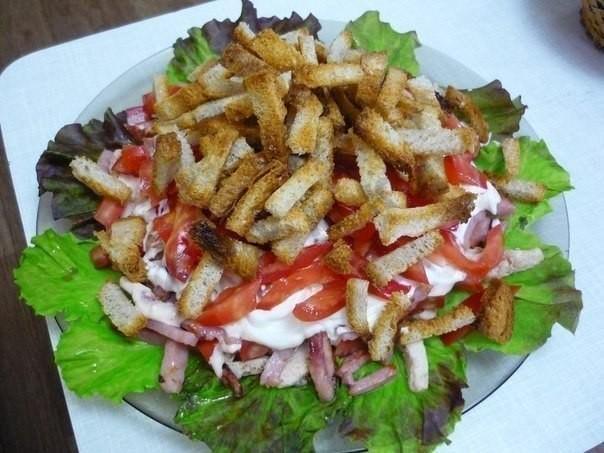Composition / ingredients
Step-by-step cooking
Step 1:
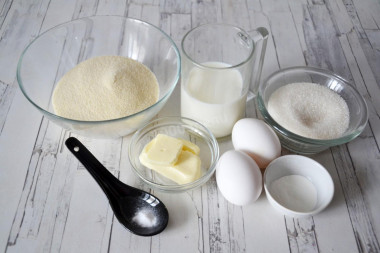
Prepare the ingredients. For a mannikin with milk without flour, we will need: semolina, milk, sugar, eggs, butter, baking powder and vanillin (you can replace it with vanilla sugar or vanilla essence).
Step 2:
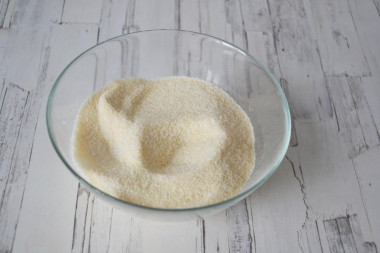
Combine semolina with sugar and mix.
Step 3:
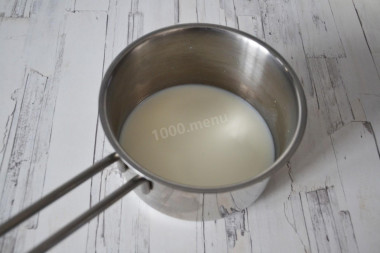
Warm up the milk slightly.
Step 4:
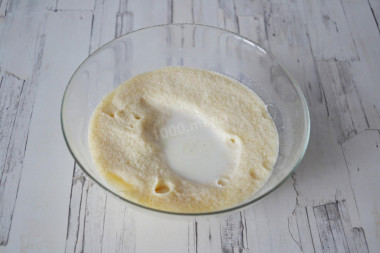
Pour the semolina with sugar with warm milk, mix and leave to swell for at least 50 minutes.
Step 5:
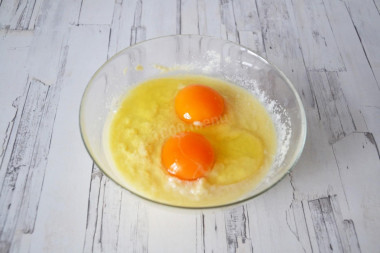
Break the eggs into the swollen semolina mass. Mix everything with a whisk until smooth.
Step 6:
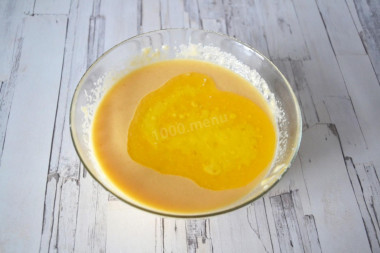
Melt the butter and mix it with the rest of the mass.
Step 7:
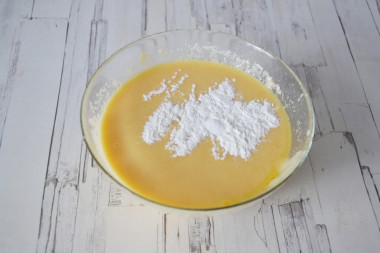
Add baking powder and vanilla and mix again.
Step 8:
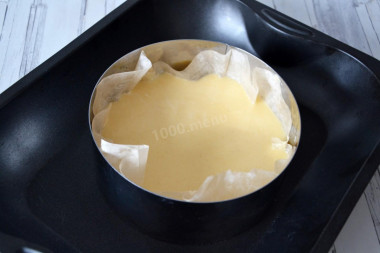
Put the dough in a greased baking dish. Bake in a preheated 180 ° C oven for about 35 minutes.
Mannikins got their names from the main ingredient that is involved in cooking - semolina. The cereal itself is obtained from wheat. During the grinding of wheat into flour, a larger grain is additionally formed, which is called semolina.
In Russia, mannikins appeared around the 12th-13th centuries, it was then that semolina became publicly available. According to another version, Slavic housewives learned how to cook mannikin, thanks to a traveler who brought a recipe from the East. In the Arab world, a similar Basbusa pie appeared long before the spread of cereals in Russia. It is noteworthy that over a long period of time, the mannik recipe was not lost, unlike many culinary traditions of those times.
The indisputable advantage of mannikins is that this pie never burns. It can be stylishly browned, but in order for it to specifically burn or even turn into inedible embers, you need to try very hard.
Keep in mind that everyone's ovens are different. The temperature and cooking time may differ from those specified in the recipe. To make any baked dish successful, use useful information about the features of ovens !
So that the oven has time to heat up to the desired temperature, turn it on in advance (10-20 minutes before the start of cooking).
When the top layer of baking is slightly browned, check it for readiness: pierce it with a wooden skewer in several places, if the skewer comes out dry, then the mold (or baking sheet) can be taken out of the oven.
Caloric content of the products possible in the composition of the dish
- Whole cow's milk - 68 kcal/100g
- Milk 3.5% fat content - 64 kcal/100g
- Milk 3.2% fat content - 60 kcal/100g
- Milk 1.5% fat content - 47 kcal/100g
- Concentrated milk 7.5% fat content - 140 kcal/100g
- Milk 2.5% fat content - 54 kcal/100g
- Chicken egg - 157 kcal/100g
- Egg white - 45 kcal/100g
- Egg powder - 542 kcal/100g
- Egg yolk - 352 kcal/100g
- Ostrich egg - 118 kcal/100g
- Semolina - 340 kcal/100g
- Granulated sugar - 398 kcal/100g
- Sugar - 398 kcal/100g
- Butter 82% - 734 kcal/100g
- Amateur unsalted butter - 709 kcal/100g
- Unsalted peasant butter - 661 kcal/100g
- Peasant salted butter - 652 kcal/100g
- Melted butter - 869 kcal/100g
- Vanillin - 288 kcal/100g
- Baking powder - 79 kcal/100g
